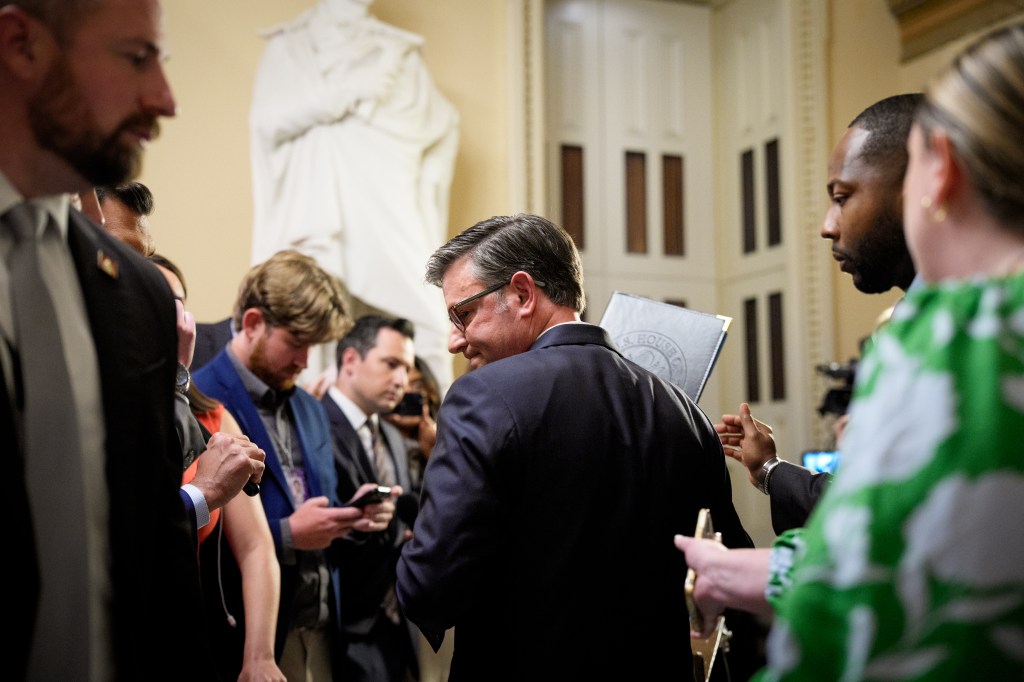Continuing its ambitious rollout of legislation, just before heading out for the summer recess, the US House of Representative’s Committee on Financial Services unveiled 12 pieces of legislation this week. The bills seek to create a Financial Technology Working Group, promote small businesses, modernize the accredited investor definition, and ease
Let’s
Register for free to keep reading
To continue reading this article and unlock full access to GRIP, register now. You’ll enjoy free access to all content until our subscription service launches in early 2026.
- Unlimited access to industry insights
- Stay on top of key rules and regulatory changes with our Rules Navigator
- Ad-free experience with no distractions
- Regular podcasts from trusted external experts
- Fresh compliance and regulatory content every day













